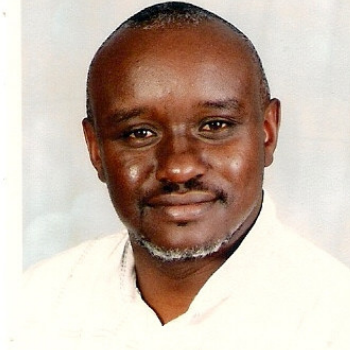The use of stories-of-significant change to elucidate health systems changes with potential to inform universal health coverage strengthening: lessons learnt from six pilot counties in Kenya
"Stories-of-significant-change written and told by healthcare workers increases the likelihood of evidence-informed policies and programs; a sine qua non for the well performing health systems needed to move towards realization of the national universal health coverage (UHC) aspirations."
Introduction: Stories-of-significant-change written and told by healthcare workers increases the likelihood of evidence-informed policies and programs; a sine qua non for the well performing health systems needed to move towards realization of the national universal health coverage (UHC) aspirations. The objective of this study was to explore lessons learnt from stories of experiential knowledge and local interventions that have potential to inform UHC national aspirations.
Methodology: This survey used descriptive case studies design. Participants were drawn from Ministries of Health of six pilot counties namely Bungoma, Isiolo, Kitui, Makueni, Nyandarua, and Taita Taveta as part of an ongoing study. The stories were collected between September and November 2020. The stories-of-significant change technique was used as it provided for an inductive, indicator-free, participatory evaluation method that complements deductive research methods. It enhanced the collection, discussion, and selection of stories about significant changes that healthcare workers experience at the county level as a result of implementing UHC initiatives. Stories were formally written in English language by various healthcare workers using a modified checklist/tool. The tool was used to capture the key components of the health systems and process changes. The stories were verified and complied by a team of researchers from KEMRI to ascertain their authenticity.
Findings: A total of 15 stories-of-significant change were received at KEMRI’s Knowledge Management Division. The scripts were classified into 6 broad domains of change. Domains about stories focusing on attitude / behavior change within a community were 4; changes about knowledge or awareness creation were 4; changes about healthcare personnel behavior were 3; changes about technology adaption were 2; changes about health care provision was 1; and innovations about laboratory processes was 1. Lessons learnt include personal willingness, corporation and teamwork among all healthcare workers produces positive health outcomes; listening to clients is critical for healthcare service improvement; experiential learning is important in healthcare services delivery improvements; community participation and ownership in any health program is crucial for sustainability of intervention; internal innovations by healthcare workers produces significant outcomes and are low cost to implement; and sustained follow-up of post-training among healthcare workers leads to early adoption and adaption of the new skills learnt.
Conclusion: The stories-of-significant change technique elucidated “hidden” health systems and process issues that decision makers usually miss-out during priority setting and financial allocation. County healthcare workers have valuable experiential knowledge about local health landscape. They are able to innovate as well as make key changes which have a significant bearing on attainment of national UHC aspiration.
Recommendation: National and county governments should engage all healthcare workers in decision making process regarding how best to implement UHC program. Local knowledge and process innovations should supplement national guidelines if national UHC aspirations are to be realized.
